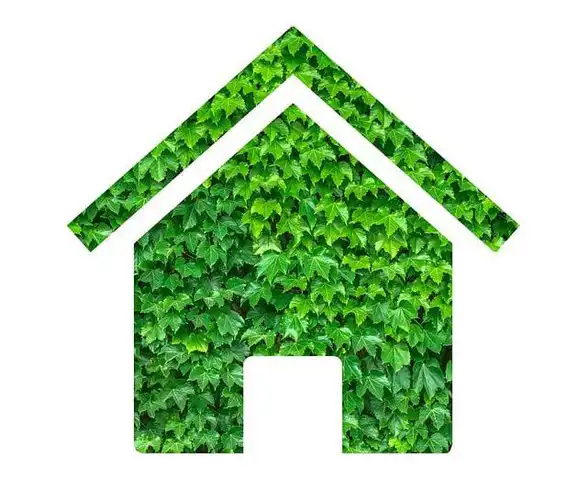
The country’s ongoing electricity crisis has thousands of South Africans considering alternative forms of energy to power their home – and if one chooses to look on the light side of loadshedding it is that the alternatives are generally more environmentally friendly, and thus a very good thing.
Selecting the “greener” option when it comes to property amenities and features is necessary for the future wellbeing of the planet and is increasingly the most cost-effective option in the long run.
“Eco-friendly needs to be our default option as far as possible,” says Skoko Sebola, Principal at Leapfrog Midrand, “and more and more we’re seeing that buyers are seeking greener properties, particularly with regards to energy and water management”.
Most of a home’s eco footprint is linked to its water and energy usage, but luckily there are a number of smart ways to manage consumption in this regard.
May hay while the sun shines
In South Africa the sun shines for around 2400 hours a year, equivalent to more than a third of the year. No wonder solar energy is on everyone’s lips as the answer to our loadshedding woes.
Solar energy is an efficient and cost-effective renewable energy resource, though the cost of installing solar panels to capture, convert and store the energy for a residential property is still somewhat prohibitive. “The good news is that there are a number of financing options now available and it certainly helps to take a long-term view and do the calculations to see how much you’ll save on your monthly electricity bill and how long it will take to recover the total cost,” Sebola says.
A simpler way to reduce electricity usage in the home is to replace incandescent light bulbs with compact fluorescent lamps, as the latter use 75% less energy than the former and also last 10 times longer. When it comes to reducing electricity usage it also pays to remember the little things like to switch off lights that are not in use and to always run a full load of laundry.
Water is life
Reducing water usage in the home requires both behavioural and structural change.
Installing a water tank on your property is one way to save water. This water can then be used for watering the garden, washing cars or even flushing toilets. “Where possible, opt for a more sophisticated system that allows water to run off from the roof and gutters into the tank, rather than just having a tank that it needs to be rained into,” Viljoen advises.
Also consider installing a low-flow shower head as these have been shown to use 50% less water, while a low-flow toilet uses less than 5 litres of water per flush, opposed to the 26 litres per flush in systems without.
It is also important to be water-wise in the garden as they can be very water intensive. Plant indigenous as far as possible, they are, by nature, better suited to our warmer climate and typically need far less water than plants and trees that have had to adapt to growing here.
Waste not, want not
Often, the most environmentally friendly product is the one that already exists. This is especially true of building materials like bricks, timber, sand, clay and metals, as examples of items that can often be reused in some way.
Consider using recycled materials wherever possible when renovating and remember that things like window frames, sanitaryware, doors and fireplaces can easily be upcycled, often at a fraction of the cost too.
“The green option is not only the right option but increasingly something that buyers demand in a property, even if it means paying a slight premium,” Sebola shares.
Author: Leapfrog Property Group

